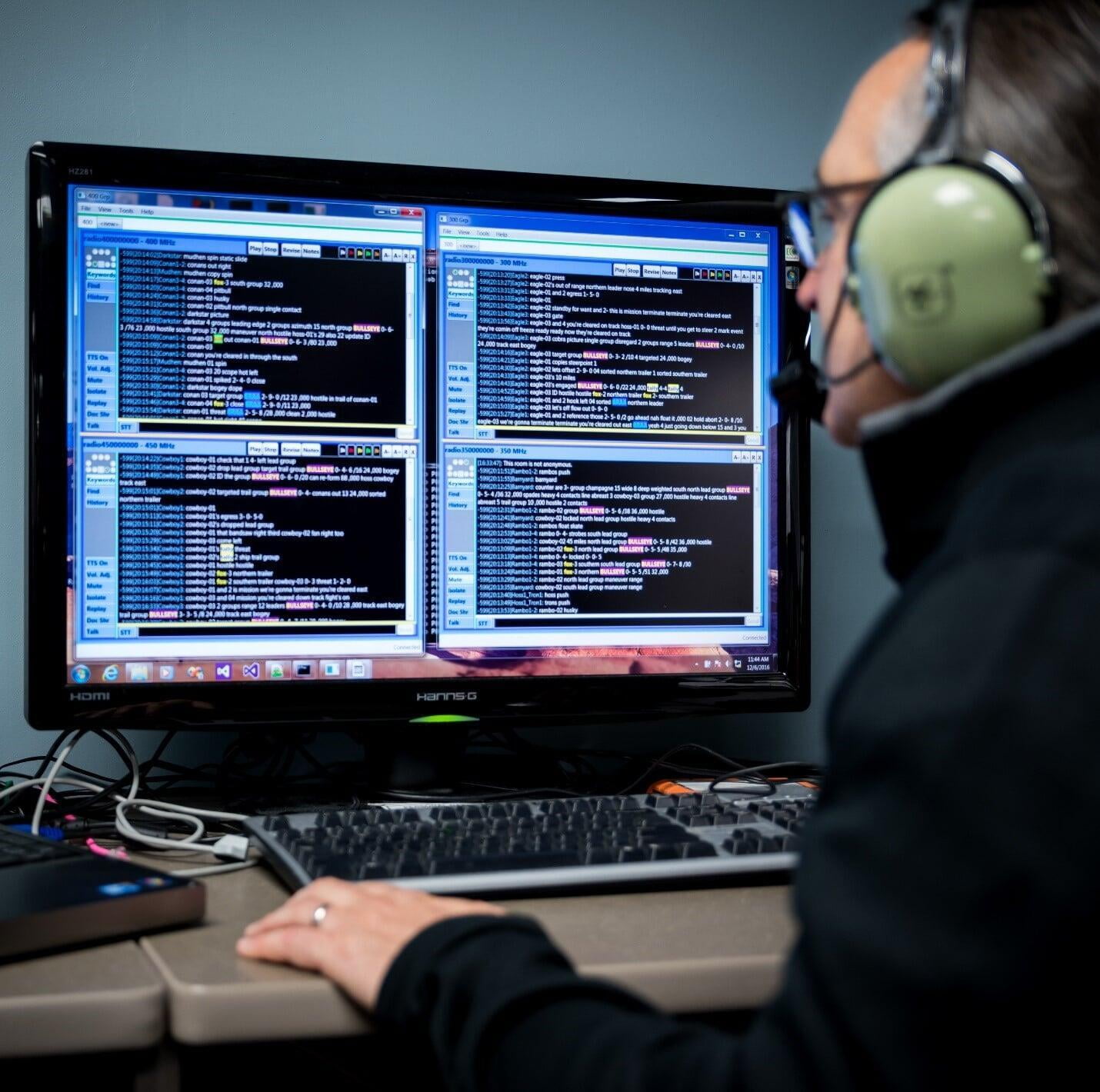WBI Commercialization Support Recognized as AFRL Lab Honored with Federal Award
02.04.20 07:17 PM By Jennie Hempstead

By: Laura Dempsey
A team from the Air Force Research Laboratory’s Airman Systems Directorate (AFRL/RH) was honored for Excellence in Technology Transfer, given each year to federal laboratory employees deemed to have accomplished outstanding work in the process of transferring federally developed technology.
The federal government’s focus on technology transfer and transition reflects an effort to both stimulate local economic development and keep government costs down by shifting the manufacturing process to small businesses. This annual award comes from the Federal Laboratory Consortium for Technology Transfer (FLC), the Congressionally mandated organization that educates, promotes and facilitates federal technology transfer.
The Wright Brothers Institute (WBI) was instrumental in AFRL/RH’s success with transferring its Multi-Modal Communication (MMC) technology, assisting first by helping secure the patent rights, then highlighting the technology’s importance to emergency management programs by demonstrating the technology to Chief Edward J. Dadosky of the Tri-County Emergency Response Team in Cincinnati.
WBI’s Bob Lee recognized the opportunity based on his professional work at the Battlespace Acoustics Branch at AFRL. Following Hurricane Katrina, first responders reflected on the valuable time lost thanks to unreliable or unclear communication. MMC technology enables operators of high-traffic channels to accurately monitor multiple channels, and to respond to personnel across different locations, such as flight missions or military ground operations. Bob understood the potential of MMC technology for the first responder community and worked with systems engineers to accelerate integration into existing communication modules.
For this effort, WBI leveraged the Ohio Office of Economic Adjustment (OEA) grant, which funded the Market-Pull Commercialization Pilot of the Dayton Metro Plan for Economic Diversity. Collaboration with Stanford Research Institute (SRI) on an early stagegate commercialization process helped early investors and adopters understand the market value. The team devised a way to utilize US Homeland Security funding, ensuring the cost for the software was covered for local police and fire departments.
Bob’s work with Dr. Brian Simpson, a sensory psychologist, and Dr. James Kearns, a technology transfer specialist, led to both men being singled out for the coveted FLC honor. GlobalFlyte Inc., a Dayton, Ohio, startup, received the transferred MMC technology. GlobalFlyte specializes in improving emergency response operations on an integrated platform for the purpose of saving lives, protecting property and managing catastrophic incidents to minimize loss. “MMC’s transition to GlobalFlyte would not have been possible without WBI,” said Dr. Shaw.
